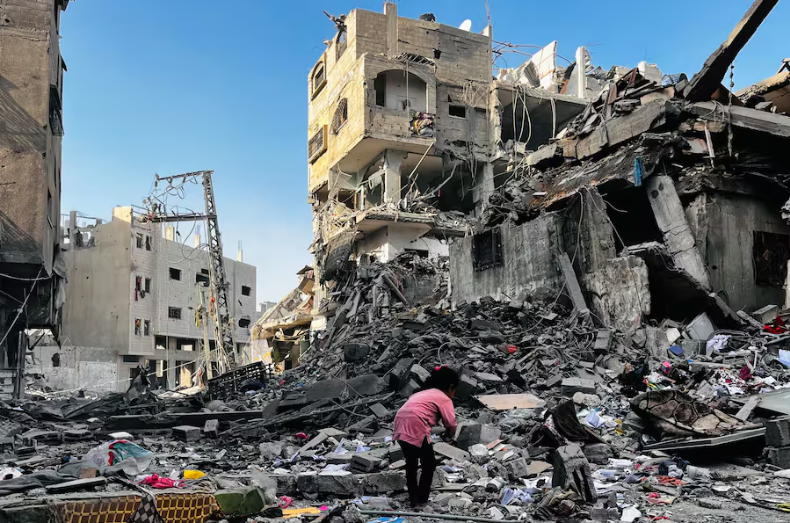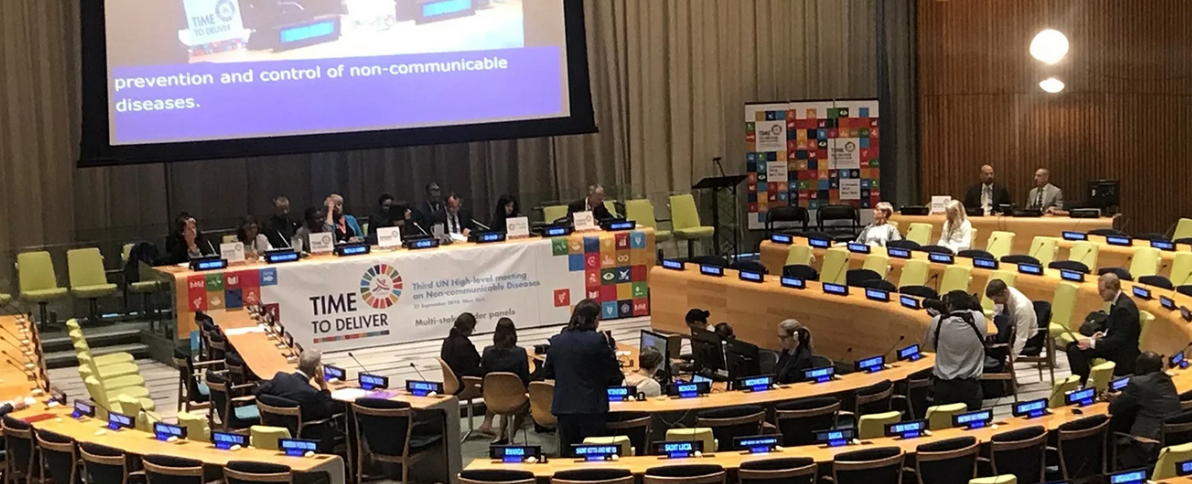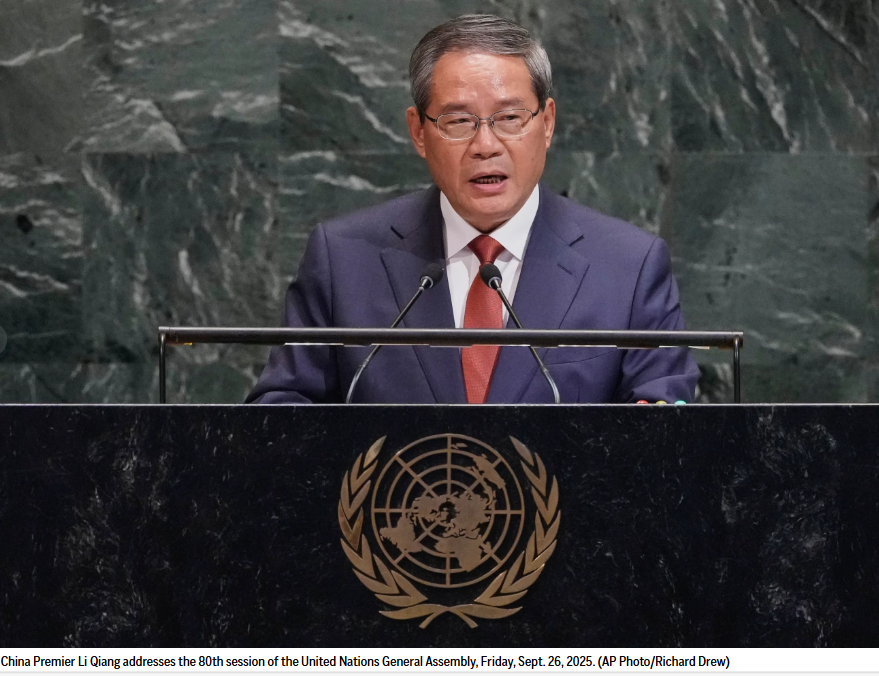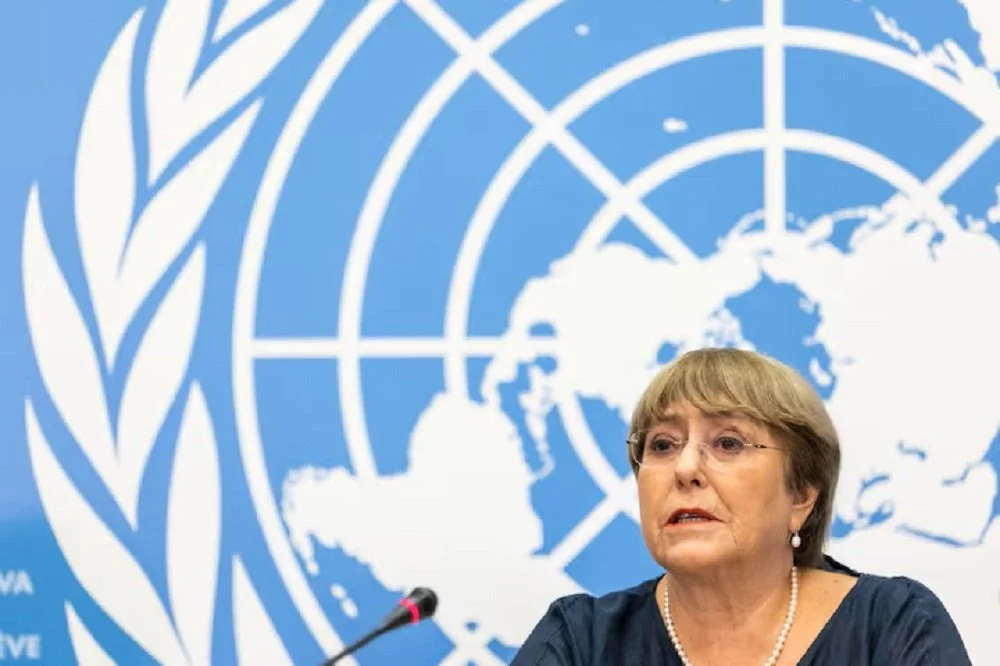UNGA 80: Week One at a Glance
The United Nations turned 80 this month, and world leaders came to New York for a packed High-Level Week under the theme “Better together: 80 years and more for peace, development and human rights.” The formal General Debate runs Sept 23–27 and Sept 29, with a short ceremonial meeting on Sept 22 marking the anniversary itself. Germany’s Annalena Baerbock is presiding over this milestone session as President of the General Assembly.
What leaders are saying (and why it matters)
The opening mood featured two competing notes: a broad appeal for renewed cooperation—and a sharper skepticism about multilateralism. Many heads of state echoed the Secretary-General’s call to work together on war, poverty, and climate; at the same time, the U.S. president delivered a combative address defending an “America First” posture and criticizing the UN. That split captured the stakes of this 80th session: can countries still find common ground when the system itself is under strain?
The year’s hottest file: Israel–Palestine and the Gaza war
UNGA 80 has unfolded as several Western governments recognized a Palestinian state—including France, the UK, Canada, Australia, and Portugal—a dramatic shift nearly two years into the Gaza war. Israel’s prime minister condemned the recognitions in a fiery speech that prompted walkouts; protests filled the streets outside the UN. Meanwhile, Security Council dynamics remain tense, with the U.S. again isolated over ceasefire language. Expect this debate to overshadow much of the week—and the autumn committee work that follows.
Health gets a high-level moment: NCDs and mental health
Thursday featured a High-Level Meeting on noncommunicable diseases (NCDs) and mental health, where governments rallied around a new political declaration meant to guide action through 2030 and beyond. The U.S. broke with the emerging consensus, saying it could not support the text; other countries and WHO officials still framed the moment as long-overdue attention to the chronic-disease crisis. Even with disagreement, the takeaway for readers: prevention, mental health, and food systems are moving up the global agenda.
AI steps onto the UN stage
Artificial intelligence wasn’t an afterthought this year—it was a headline. The UN launched a Global Dialogue on AI Governance on Sept 25, backed by a growing ecosystem that includes an International Scientific Panel on AI. The Security Council also held a high-level debate on AI’s risks for peace and security. Outside the chamber, civil society and experts pushed for “AI red lines” to prevent extreme harms. Bottom line: the UN is edging from speeches to structure on AI, with a multiyear process now in motion.
Europe doubles down on multilateralism
The European Union used High-Level Week to underline support for the UN Charter and the Sustainable Development Goals (SDGs), with EU leaders fanning out across climate, financing, and health events. The message was consistent: the rules-based system still matters—and needs investment to work.
China’s signal: more UN, not less
China’s premier delivered one of Beijing’s most prominent UNGA appearances in years, leaning into the language of cooperation and multilateralism while criticizing protectionism. He highlighted areas like AI governance and development support for the Global South—an agenda meant to reinforce China’s role in standard-setting at the UN.
Choosing the next UN chief: momentum for a first-ever woman
With António Guterres finishing in 2026, a cross-regional group of leaders used the New York spotlight to argue it’s time for the first woman Secretary-General in the UN’s 80-year history. It’s early—the Security Council will formally kick off the selection in 2026—but the political groundwork is being laid now. Reuters
The money question behind everything
If there’s a through-line this year, it’s financing. Donor cuts have pushed the humanitarian system into a cash crunch, forcing the UN to scale back its 2025 appeal, even as needs rise. On the development side, reforms outlined at this summer’s Financing for Development conference in Seville will carry into UNGA committees: debt relief tools, tax cooperation, climate finance, and new ways to mobilize private capital for the SDGs. Expect these negotiations—and the fallout from political fights over aid—to shape what the UN can actually deliver.
What’s next
The General Debate wraps on Sept 29, but the session runs all year. Delegations now pivot to committee rooms where the quieter work happens: budgets, resolutions, and follow-up on this week’s splashy announcements. Watch for: how the AI dialogue is structured, whether the NCD/mental-health declaration secures broad endorsement next month, and whether the momentum on Palestinian recognition changes calculations in New York.






